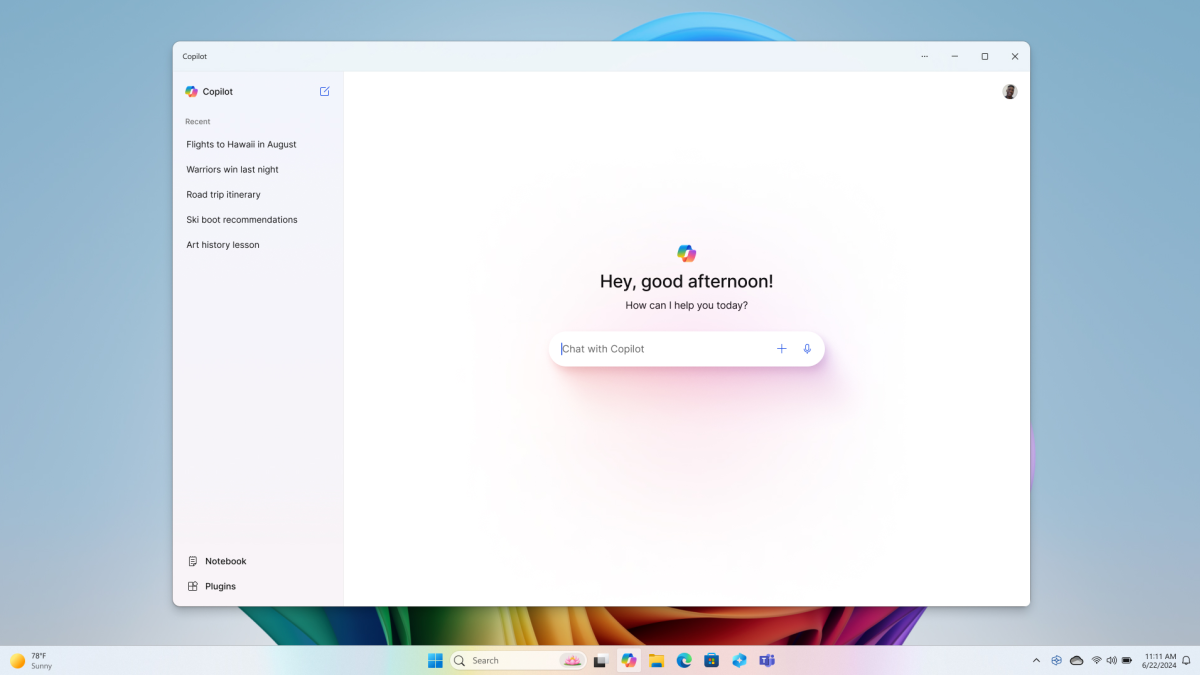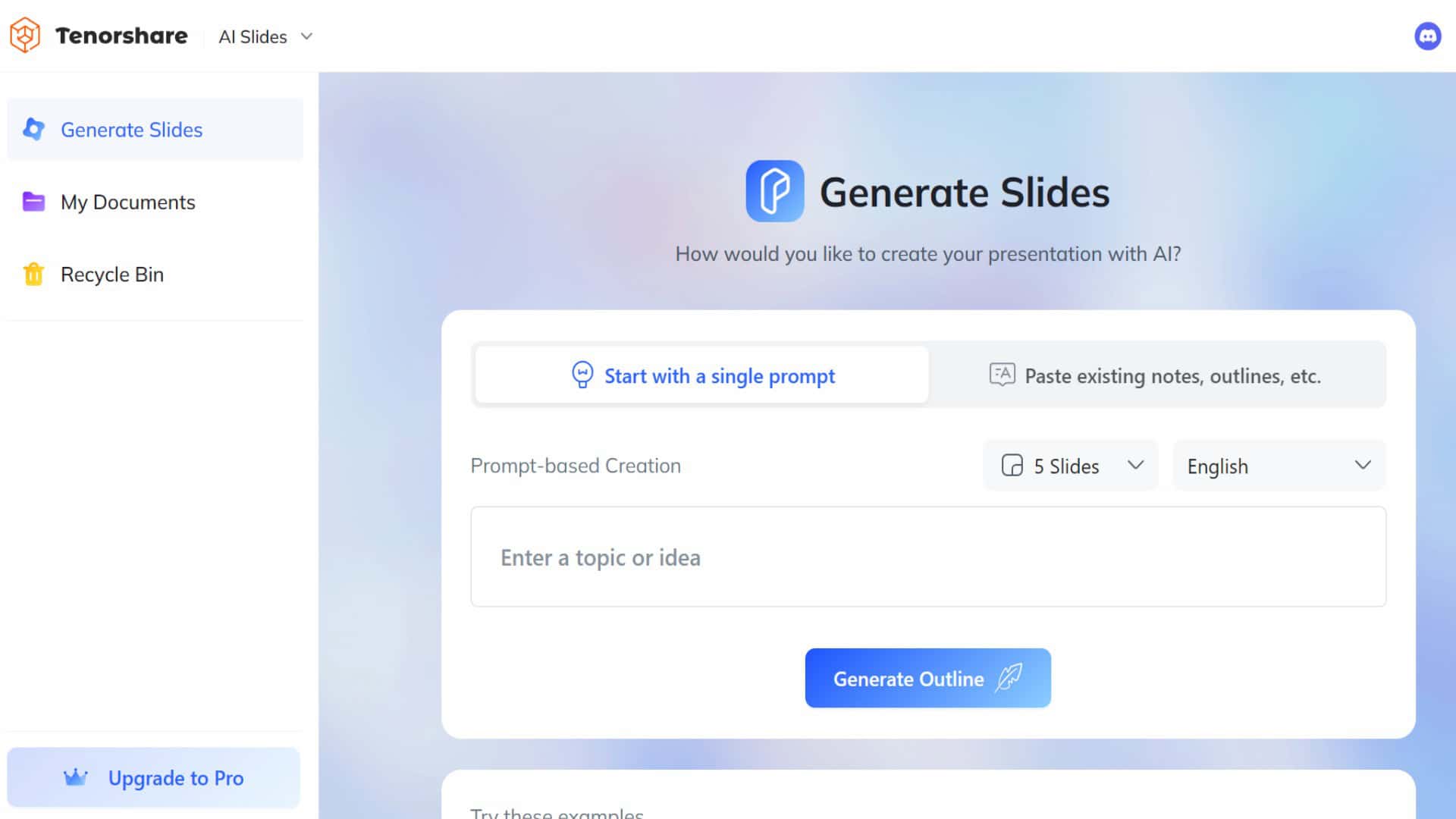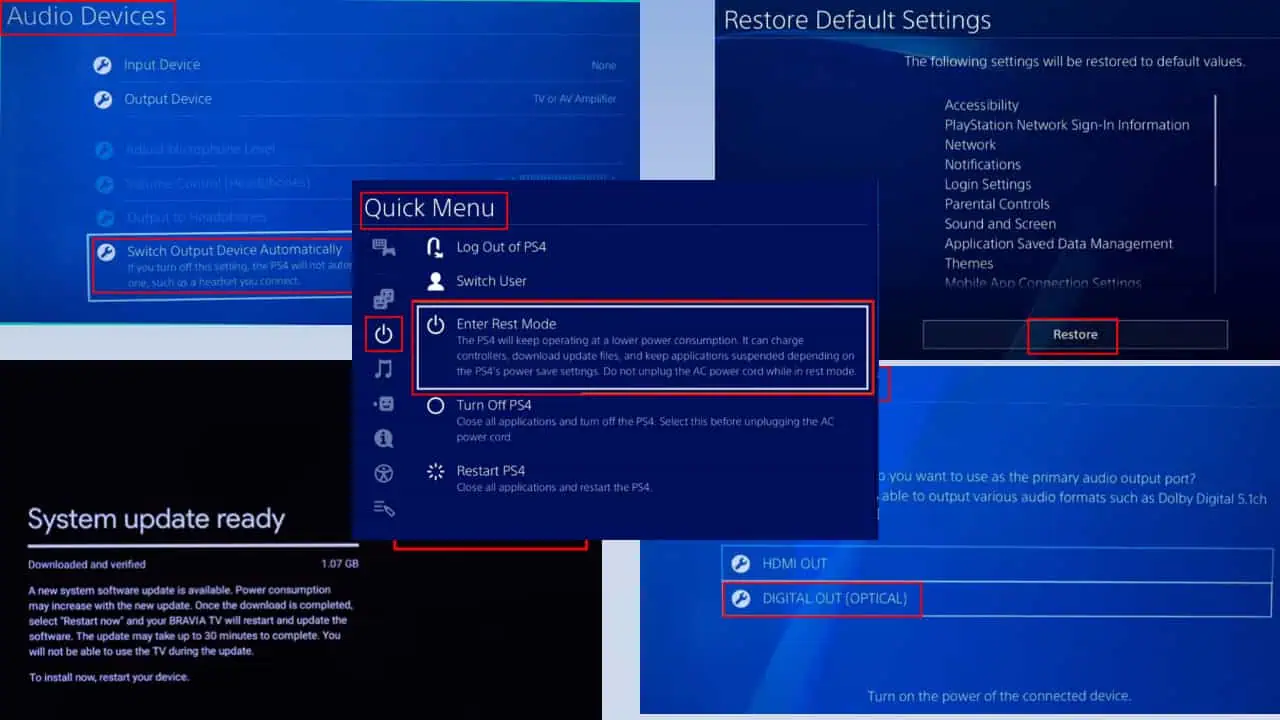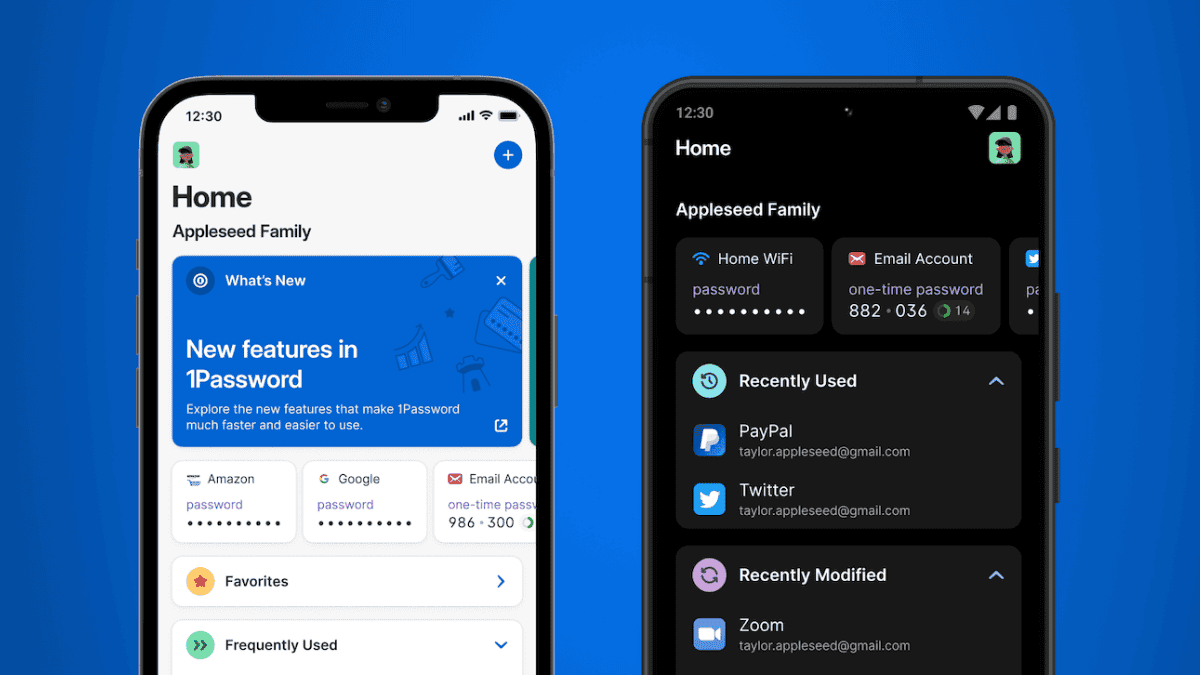Why Microsoft can not give up on Windows Phone
5 min. read
Published on
Read our disclosure page to find out how can you help MSPoweruser sustain the editorial team Read more

Like clockwork, every quarter when market share numbers are released, and are less than a year ago we see editorials explaining its time for Microsoft to give up on Windows Phone, their high profile money-losing venture. We understand for example that the CEO of Microsoft, Satya Nadella, is not a huge fan of the Windows Phone business, and was for example opposed to the purchase of Nokia’s handset division. We note also that despite massive investment there has been very little and even negative traction for Windows Phone in USA, the source of much of the English online media.
But should Microsoft be “listening to sense” and simply give up on the mobile business? Lets look at what their world would look like if they did.
There are of course 3 options – a) stop making phones completely or b) adopt a forked version of Android or c) start selling Google’s Android phones
If Microsoft were to sell off Microsoft Mobile, shutter the Windows “mobile” division and simply concentrate on making a desktop and tablet OS for OEMs, what would change? Microsoft would see some small improvement in their profitability in the short term and could throw their full weight behind making apps for iOS and Android.
With most of Microsoft’s customers already using iOS and Android they would in fact experience even greater support from a less distracted Microsoft, which we have seen already has been useful in ingratiating Microsoft with US technorati. It would turn Microsoft into a true “software and services” company, with no hardware to hold them back.
On the other hand a lot of the work they do for Windows Phone they would still need to do for Windows tablets, and on mobile they would be at high risk of being shut out by policy and platform changes by Apple or Google which would sabotage their software and service offerings. Also the other companies would be free to continue to attack Microsoft’s desktop bastion (eg. via Chromebooks and a resurgent Macbook patform) but Microsoft would pose absolutely no threat in return. Microsoft would also not be able to offer a complete solution to enterprise (phone, tablet, PC), an area where they have been having real success in recent years.
Truth be told however, it is a viable strategy in the short term, but it is fraught with existential risk in the longer term. Microsoft would have to work very hard to prove their services are better than vertically integrated offerings from Google and Apple, who would be making the platform, the apps and the services (and sometimes hardware) and it is likely Microsoft would eventually turn into a slowly and then rapidly shrinking company like IBM.
Adopting a forked version of Android, like Amazon for example, would give Microsoft their own platform, and bring app compatibility with Android apps. On the other hand this will not automatically mean that Microsoft will have access to all the apps in the store, again much like Amazon, which only has a subset in their app store, and would still mean that Microsoft is in a platform race with Google, who could introduce features in the mean branch of Android which would eventually make forks non-viable (e.g. requiring apps integrate with Google’s online services). Buyers would still have to choose between “the real android” and Microsoft’s version of handsets, and as we have seen from Amazon’s Fire phones performance, they have a clear preference for the real deal.
Lastly, simple starting to sell an OHA Android phone with Microsoft’s apps and services bundled in would leave Microsoft at Google’s mercy, as they would fully control the platform, and would compete on the same handset, with Google’s services usually as the default. This seems very little different from not selling any phones at all, and leave Microsoft to compete against Samsung and everyone else.
Continuing with Windows Phone, despite it being a minor player, has some significant benefit and only minor drawbacks to Microsoft.
1) They can easily afford the expense (Revenue of $26.5 billion December 2014 Quarter, profit of 16.2 billion, and Phone actually contributed positively to the tune of $331 million and $2.3 billion in revenue.)
2) It is strategically important to have their own mobile platform to fall back on should Google or Apple work to shut them out of their platforms.
3) They can offer a full solution with guaranteed security to enterprise customers.
4) With the integration between phones and tablets they will be doing much of the work in any case already.
5) They would be prepared for a future in which desktops are not very relevant at all, rather than later trying to create an offering when desktops and laptops have declined further.
Sure, given Windows Phone’s market share in USA Microsoft’s investment may seem like a folly. However surrendering in mobile would be an even greater one, and would leave Microsoft at the mercy of their enemies, which seems an even worse idea.










User forum
0 messages